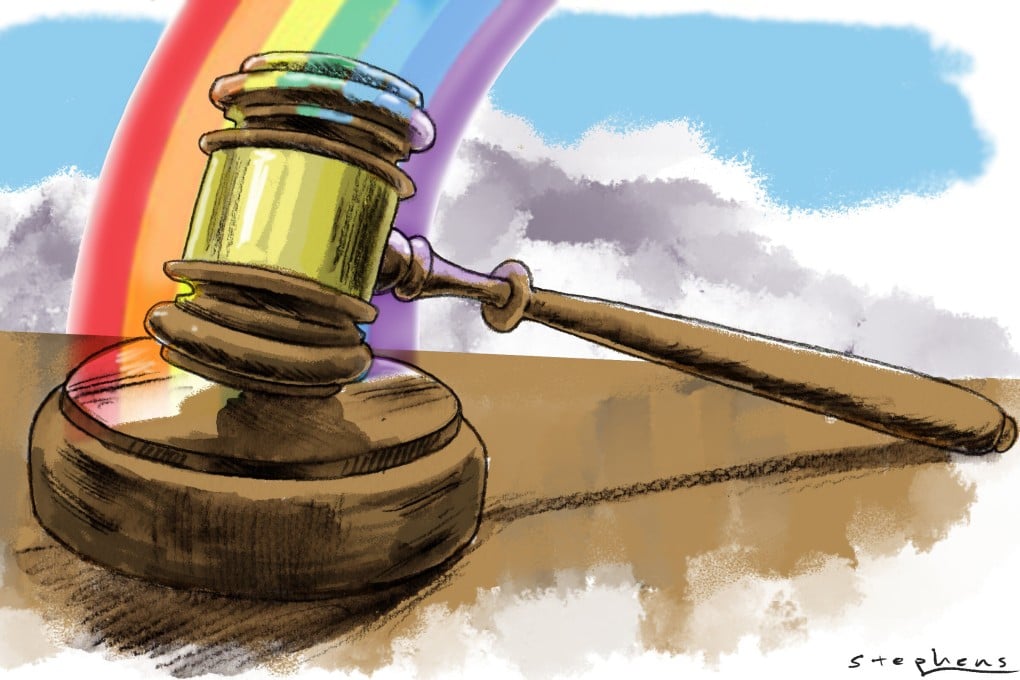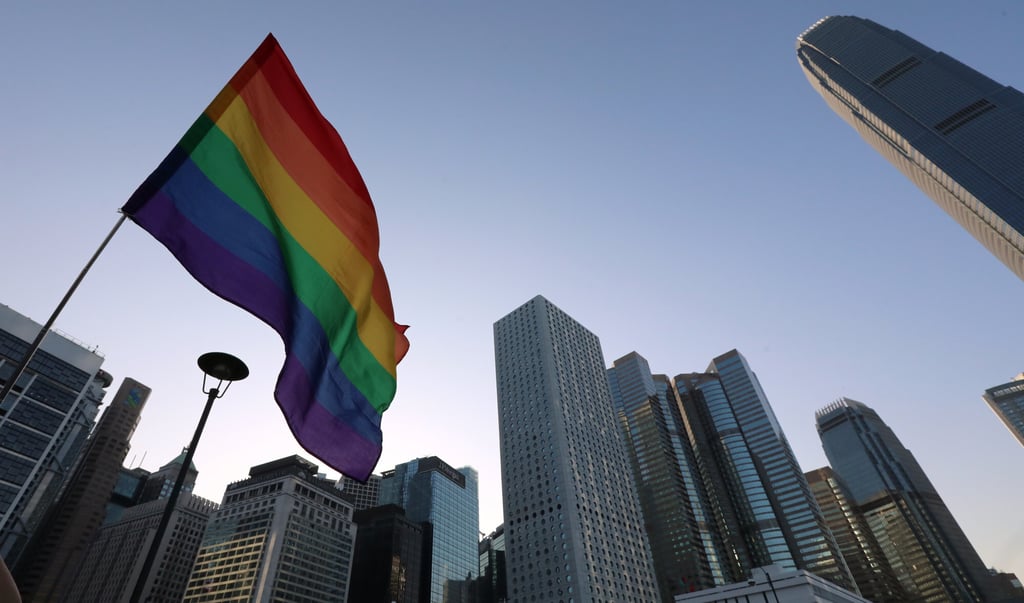Advertisement
Opinion | When will Hong Kong fully protect its LGBT community from discrimination?
- Thirty years after Hong Kong decriminalised same-sex sexual acts between consenting male adults in private, discrimination on the grounds of sexual orientation persists
Reading Time:4 minutes
Why you can trust SCMP

“The Legislative Council yesterday passed legislation decriminalising homosexual acts between consenting men aged 21 and above in private, ending an 11-year debate” was the opening line of a story in the Post on July 11, 1991. That means today, July 10, marks the 30th anniversary of the decriminalisation of same-sex sexual acts between consenting male adults in private in Hong Kong. How far has Hong Kong come in terms of lesbian, gay, bisexual and transgender (LGBT+) issues?
Let us first look at law and social policy. When decriminalisation of same-sex sexual acts took place, the legal age of consent differed for heterosexuals and homosexuals – such inequality was only ruled unlawful in 2006. After that, there were still sexual offences which only existed for homosexuals or which carried greater penalties for them; this was only ruled unconstitutional in 2019.
Although the Legislative Council has debated legal protection against discrimination on grounds of sexual orientation since the mid-1990s, and even though there are four ordinances against discrimination on the grounds of sex, family status, race and disability in Hong Kong, there is no comprehensive protection against discrimination on the grounds of sexual orientation and gender identity. Because of the Bill of Rights, the government and public bodies cannot discriminate on the basis of sexual orientation, but there is no similar law in the private sector.
Advertisement
So in 2021, even if a gay man or a lesbian in Hong Kong is explicitly told they are fired because of their sexual orientation in the private sector, there is no means of redress for them. The Constitutional and Mainland Affairs Bureau invites public and private sector organisations to pledge to adopt a code of practice against discrimination in employment on the basis of sexual orientation, but it is not legally binding.

Same-sex couples in Hong Kong do not have the right to marriage or civil partnerships. A report published by the Equal Opportunities Commission identified over 100 instances of differential treatment based on relationship status against same-sex couples in many aspects of life such as immigration, taxation, employment rights, inheritance, public housing, family and reproduction rights.
Advertisement
Advertisement
Select Voice
Select Speed
1.00x
